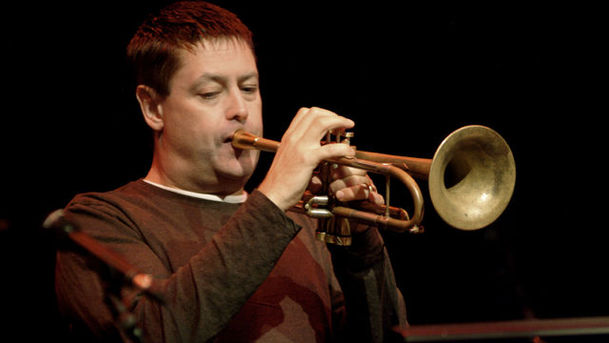Jazz Junctions - Birth Of The Cool

Guy Barker continues to explore the history of jazz, focusing on the turning points and pivotal events that have shaped the genre, and discovering some great stories and larger-than-life characters along the way. Episode seven, Birth Of The Cool, charts the emergence of a modal style of playing and the importance of Miles Davis. Miles Davis' series of recordings released as Birth Of The Cool remains one of the defining, pivotal moments in jazz. Miles was seeking a more relaxed alternative to bebop and began to experiment with a new group, the nonet, which recorded in 1949. Featuring unusual instrumentation and several notable musicians such as Gerry Mulligan and Lee Konitz, the music marked a major development in post-bebop jazz. Miles' work in the 1950s led to one of jazz's most important new elements: the modal style. This was a new approach to harmony in which chord changes were far less frequent, thereby encouraging far more melodic improvisation based on a specific scale or key, as heard in jazz's biggest selling album of all time, Kind Of Blue. Jazz musicians on the West Coast began to develop this more relaxed style, playing without the ferocity of bebop, which became known as the "Cool School". Gerry Mulligan and Chet Baker formed the first piano-less quartet creating a sparse and utterly beautiful texture to their jazz. Guy Barker looks at the rise of Cool Jazz with contributions from jazz legends Dave Brubeck, Jimmy Cobb, Gunther Schuller, Chico Hamilton, Bill Crow, John Surman, and jazz authorities Lewis Porter, Ted Gioia, Dan Morgenstern and Loren Schoenberg. There further archive contributions from Gil Evans* (1912-1988) and Gerry Mulligan (1927-1996).